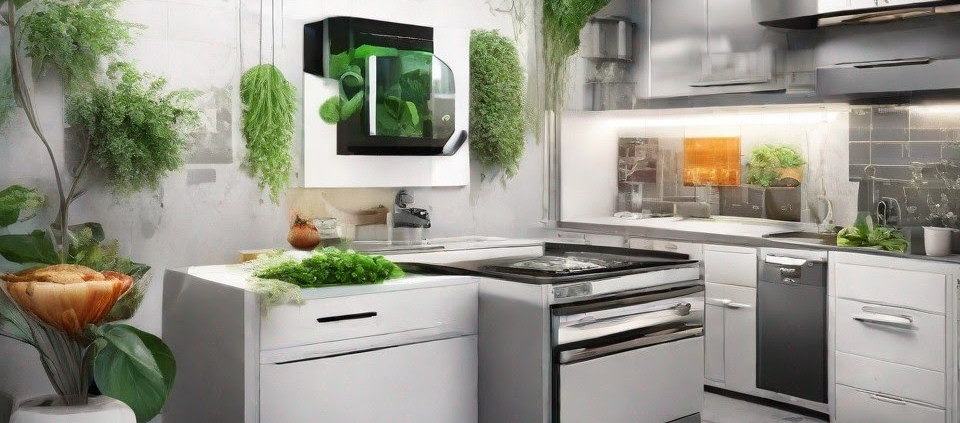Sustainability through Virtual Engagement
As sustainability becomes a priority for consumers and businesses alike, innovative technologies like Configure Price Quote (CPQ) tools with live rendering capabilities are making a significant environmental impact. These tools allow customers to visualize designs in real-time, which minimizes changes and excess materials, ultimately leading to reduced waste during production and conserving valuable resources.
By streamlining the design process, CPQ tools enhance production efficiency, reducing errors and defects. Fewer defects mean less waste in landfills, saving both resources and energy. Additionally, these tools often highlight eco-friendly materials, guiding consumers toward choices that minimize environmental impact, such as recycled wood and low-VOC finishes.
CPQ tools can also facilitate collaboration with local suppliers, which can reduce transportation emissions and supports local economies while lowering carbon footprints.
Engaging with CPQ tools also educates consumers about the environmental impact of their choices, fostering more sustainable purchasing behaviors. Some advanced CPQ tools even incorporate upcycled materials into designs, further reducing the demand for new resources and lessening environmental impact.
Lower emissions
CPQ tools with live rendering capabilities can also significantly lower emissions by reducing the need for consumers to travel to showrooms. Traditionally, multiple visits were required to explore options and make decisions, contributing to increased carbon footprints. Customizable designs also lead to durable and functional products, making satisfied customers less likely to replace items frequently, resulting in less waste over time.
By allowing customers to visualize and customize designs from home, these tools eliminate frequent travel, thereby decreasing emissions. This convenience not only supports sustainable design practices but also encourages eco-friendly choices without the constraints of time and transportation.
CPQ tools promote sustainability in the design process by minimizing the need for travel, increased consumer satisfaction equaling less waste from unwanted items, and educating about greener material choices which all contribute to a greener future in home design.



